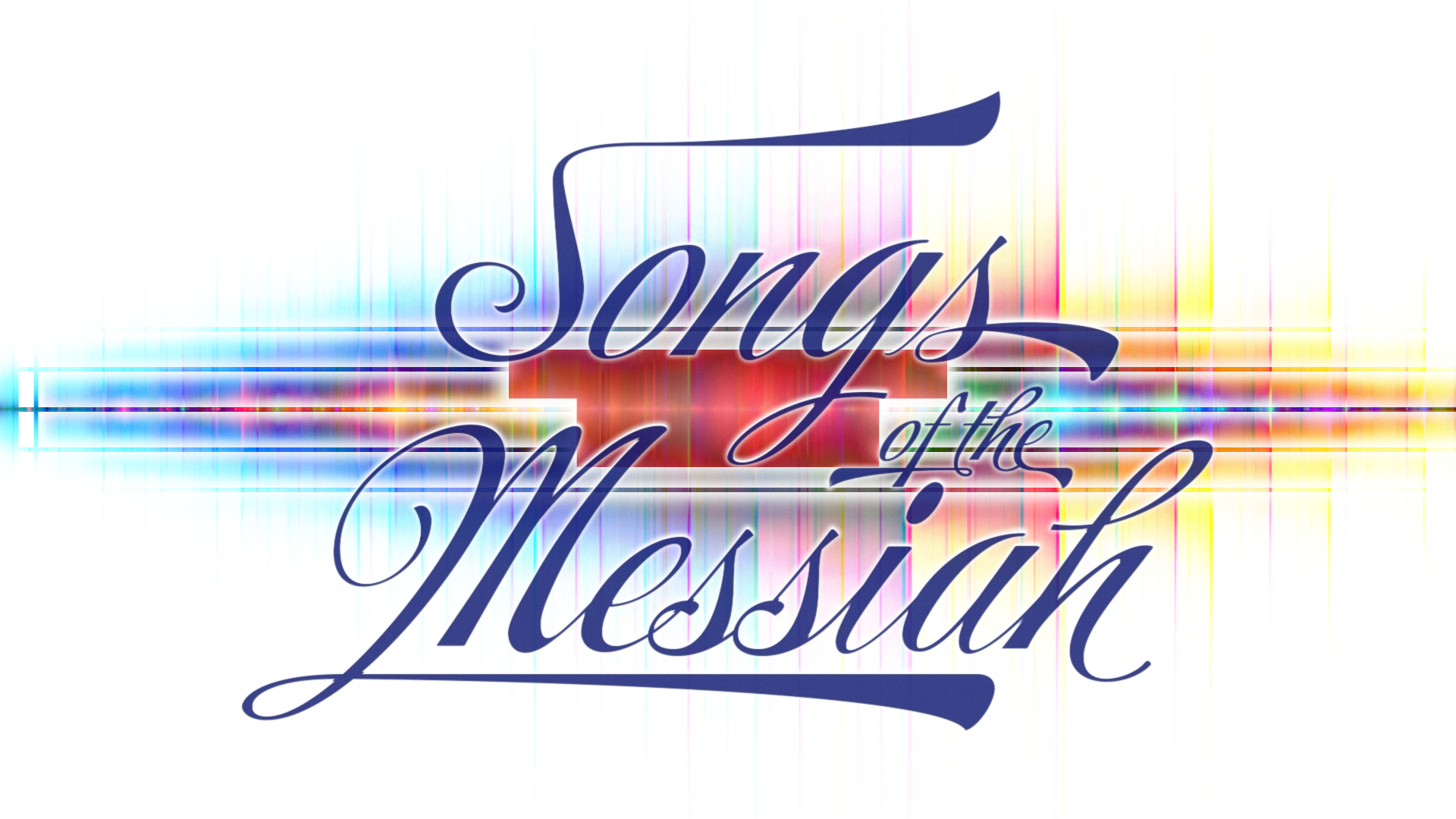Psalms | Songs of The Messiah
Psalms Overview
The Book of Psalms is one of the most beloved and widely read books in the Bible. It is a collection of 150 poems, prayers, songs, and praises written by various authors over centuries. Often called the “hymnbook” or “prayer book” of the Bible, Psalms expresses the full range of human emotions—joy, sorrow, gratitude, fear, repentance, hope, and awe—as people pour out their hearts to God. It is both deeply personal and powerfully communal, offering language for individual devotion and corporate worship.
Authorship and Structure
The Psalms were written by multiple authors, including:
- David – the most prominent contributor, attributed with 73 psalms.
- Asaph – a worship leader under David (12 psalms).
- The Sons of Korah – temple musicians (11 psalms).
- Solomon, Moses, Ethan, and Heman – each attributed with one or more psalms.
- Anonymous – about one-third of the psalms are without a named author.
The book is divided into five sections, or "books," likely to mirror the five books of the Torah (Genesis–Deuteronomy):
- Book I (Psalms 1–41)
- Book II (Psalms 42–72)
- Book III (Psalms 73–89)
- Book IV (Psalms 90–106)
- Book V (Psalms 107–150)
Each book ends with a doxology—an expression of praise to God—highlighting the worshipful nature of the Psalms overall.
Themes in Psalms
The Psalms are thematically rich and spiritually profound. Some of the major themes include:
1. Worship and Praise
Many psalms exalt God’s character, His mighty works, and His faithfulness. These praise psalms call people to worship, often beginning or ending with phrases like “Praise the Lord” or “Bless the Lord, O my soul” (e.g., Psalms 8, 19, 103, 150).
2. Lament and Sorrow
A significant portion of Psalms are laments, where individuals or the community cry out to God in distress. These psalms reflect grief, fear, guilt, or injustice, and often include a plea for deliverance (e.g., Psalms 13, 22, 42, 88). Laments usually move toward hope or trust, though some end in unresolved sorrow.
3. Thanksgiving
These psalms express gratitude for God's intervention, blessings, or answered prayers. They often recount specific acts of deliverance or providence (e.g., Psalms 30, 34, 100, 138).
4. Trust and Confidence
These psalms reflect deep trust in God despite challenging circumstances. They often include imagery of God as a refuge, shepherd, or fortress (e.g., Psalms 23, 27, 46, 91).
5. Royal and Messianic Psalms
These psalms focus on the king of Israel, often pointing beyond to the future reign of the Messiah. They celebrate God's covenant with David and sometimes prophesy the coming of Christ (e.g., Psalms 2, 72, 110).
6. Wisdom and Instruction
Similar in tone to Proverbs, these psalms reflect on the nature of righteousness, the law of God, and the path of the wise versus the wicked (e.g., Psalms 1, 37, 119).
Literary Features
Psalms is a poetic book, rich with Hebrew literary features:
- Parallelism – the repetition or contrast of ideas in adjacent lines.
- Imagery and Metaphor – vivid pictures of God as a rock, shield, shepherd, or king.
- Acrostics – several psalms (notably Psalm 119) are structured around the Hebrew alphabet.
- Selah – a mysterious word likely indicating a pause or musical interlude.
These poetic techniques make Psalms emotionally resonant and suitable for both meditation and worship.
Psalms in Worship and Devotion
For centuries, the Psalms have been central to Jewish and Christian worship. They are often read in liturgy, sung in hymns, and prayed in private devotion. Jesus Himself quoted the Psalms frequently, including from the cross ("My God, my God, why have you forsaken me?" – Psalm 22:1).
The Psalms speak to every aspect of the human experience and teach believers how to bring their whole selves before God—whether in praise, grief, doubt, or triumph. They model honest, heartfelt communication with God and remind readers that He is present in every season of life.
Conclusion
The Book of Psalms is a timeless treasure of worship, prayer, and spiritual reflection. It invites believers to praise God’s greatness, lament in times of pain, give thanks for His goodness, and trust in His unfailing love. Whether you are rejoicing or struggling, the Psalms offer language for your soul, helping you connect with God in a deeply personal way. Its enduring legacy across generations affirms its role as the heart-song of Scripture—raw, real, and radiant with the presence of God.


